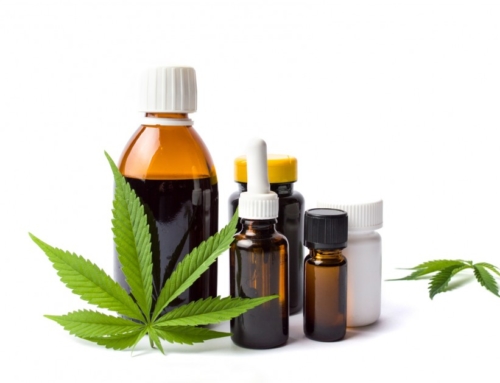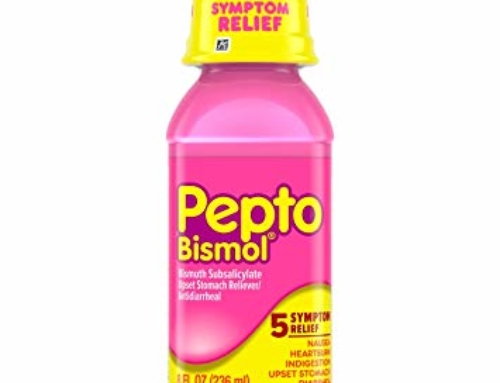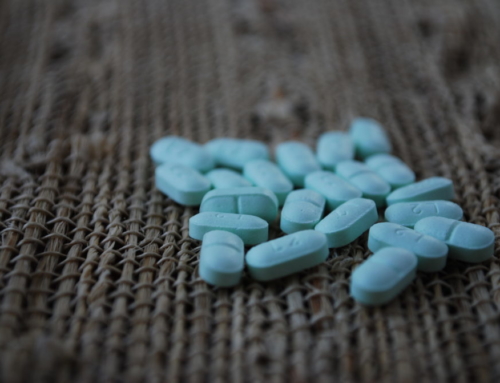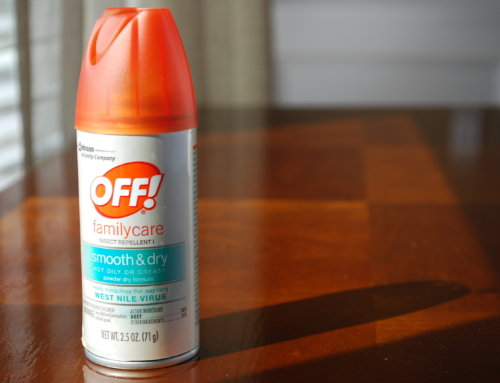If you have any reason to suspect your pet has ingested something toxic, please contact your veterinarian or one of the other resources listed:
• ASPCA Animal Poison Control Center 24-hour hotline at (888) 426-4435
• Pet Poison Helpline® 24-hour animal poison control service at (855) 764-7661
Aspirin
Aspirin is common in many households. It used for a variety of purposes including treatment of pain, fever, and prevention of cardiovascular disease. Aspirin is also used in veterinary practice for similar purposes. However, accidental ingestion or exceeding recommended therapeutic dosages can cause intoxication in your pet. Always follow your veterinarian’s recommendations and never give your pet medication without first consulting your provider.
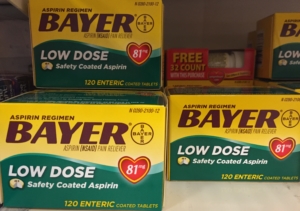
It is important to note that cats are more sensitive to toxicity with aspirin and should never be given this medication.
NSAIDs are also considered a potential toxin for horses that are not eating. Horses constantly secrete stomach acid. In the absence of food, giving a horse an NSAID greatly increases the risk of gastric erosion. This should be avoided if at all possible.
Signs and symptoms of toxicity: vomiting, diarrhea, melena (dark, tarry stool), abdominal pain, pale gums, altered mental status, difficulty breathing, and dehydration. While some signs may appear within several hours of ingestion, it may take several days for other signs to appear.
Toxic consumption: Doses less than 50 mg/kg (22 mg/lb) may cause mild toxicity (usually limited to vomiting, diarrhea and other gastrointestinal side effects). Significant toxicity, including death, has been reported with doses greater than 100 mg/kg (45 mg/lb) in dogs and 80 mg/kg (36 mg/lb) in cats.
| X-Small Yorkie, Chihuahua |
Small Pug, Boston Terrier, Poodle |
Medium Beagle, Scottish Terrier |
Large Boxer, Cocker Spaniel |
X-Large Retriever, German Shepherd |
XX-Large Great Dane, St. Bernard |
| 1 – 10 lbs. (0.45 – 4.6 kg) |
11 – 25 lbs. (5 – 11.4 kg) |
26 – 40 lbs. (11.8 – 18.2 kg) |
41 – 70 lbs. (18.6 – 31.8 kg) |
71 – 90 lbs. (32.3 – 40.9 kg) |
91 – 110 lbs. (41.4 – 50 kg) |
 |
 |
 |
 |
 |
 |
| > 22 mg | > 249 mg | > 589 mg | > 929 mg | > 1614 mg | > 2069 mg |
References:
– Alwood AJ. Salicylates. In: Silverstein DC, Hopper K, eds. Small Animal Critical Care Medicine. St. Louis: WB Saunders, 2009.
– Osweiler, G, et al. (2011). Blackwell’s five-minute veterinary consult clinical companion. Small Animal Toxicology. [Kindle version]. Retrieved from Amazon.com
Pet Poison Control is provided free as a public service by the American College of Veterinary Pharmacists. Today we’re asking you to support us with a small contribution. If you would like to dedicate your gift in honor or memory of a pet or individual, you will have that option before checkout. Your gift of any amount helps us maintain this resource and make it available to the pharmacy and veterinary communities. Thank you!

